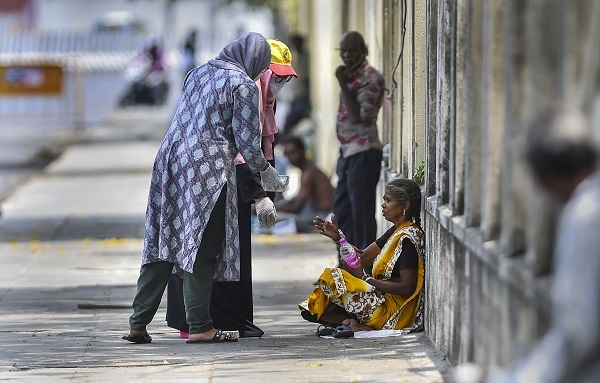#WorldHabitatDay: Housing becomes significant amid Corona
Total Views |
-Anjali Ankad
No would have thought that staying at home could be a safer option to live due to the pandemic!
The first Monday of every October is being celebrated as World Habitat Day. This day acts as a reminder for the people across the world to reflect on the state of the cities and towns in which we live, the extent to which we have gone to create homes, and what it has costed the natural world. The day should serve as a reminder of the power and responsibility we hold in shaping the future of all life on Earth.

However, the coronavirus pandemic that has been hitting headlines across the globe since it originated in Wuhan in December, it is every country’s concern that has brought disruption in everyone's life. In India, more than six months have passed since the first coronavirus was registered. After all these months, it has witnessed an unusual habitat that will go down in history. The terms - social distancing, quarantine, lockdown - which was not even heard by a common man are being implemented now. As of now, this is the kind of habitat we are living in!
When World Habitat Day was first celebrated in 1986, the theme was “Shelter is My Right”. Having an adequate home is now, more than ever, a matter of life and death. With the COVID-19 continuing to spread, a home has become much more than a roof. No would have thought that staying at home can be so much safer option that if not stay at home, it can prove fatal for us. People should be grateful that they are living under a roof and can afford to have three meals a day after seeing the chaos created due to the corona in the news every day.
Prior to corona, we have seen that there millions of people who were still in search of a roof. According to the United Nations, 1.8 billion people were already living in slums and informal settlements, inadequate housing, or homelessness in our cities worldwide. It means these people are totally exposed to corona without having adequate or basic housing facilities. The pandemic has shown us how people from minorities, indigenous peoples, and migrants are disproportionally affected by housing precarity, overcrowding, and homelessness.
COVID-19 has spread in areas where people lack adequate housing and are faced with inequalities and poverty. Residents in these areas are also often not recognized by the authorities or protected and face the risk of being evicted and relocated, particularly in times of crisis. According to ILO, 55 percent of the world’s population – about 4 billion people – do not benefit from any form of social protection.
It was always said that housing is a human right and a catalyst for all other fundamental rights but with the pandemic, it has been more evident. Though it is a man-made disaster, lessons are learned because of it. And housing is one of them. Such a history that will be remembered for the decades and will serve as an example for the upcoming generation.

